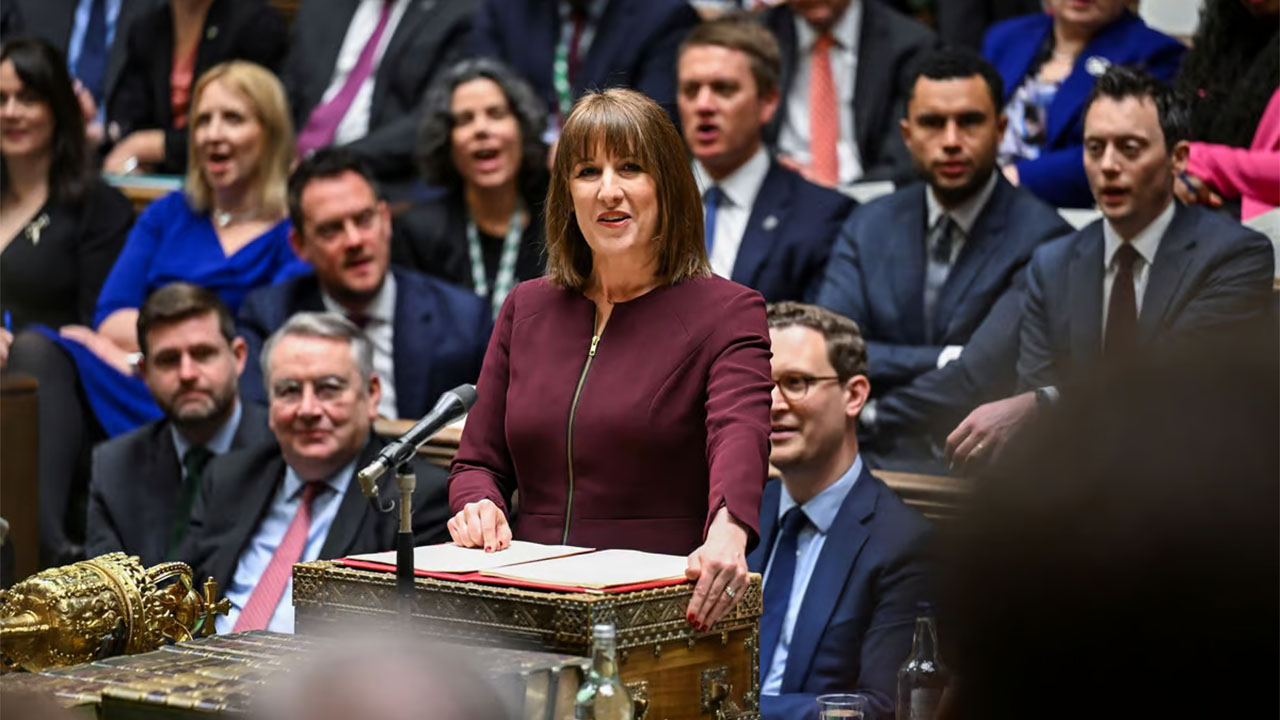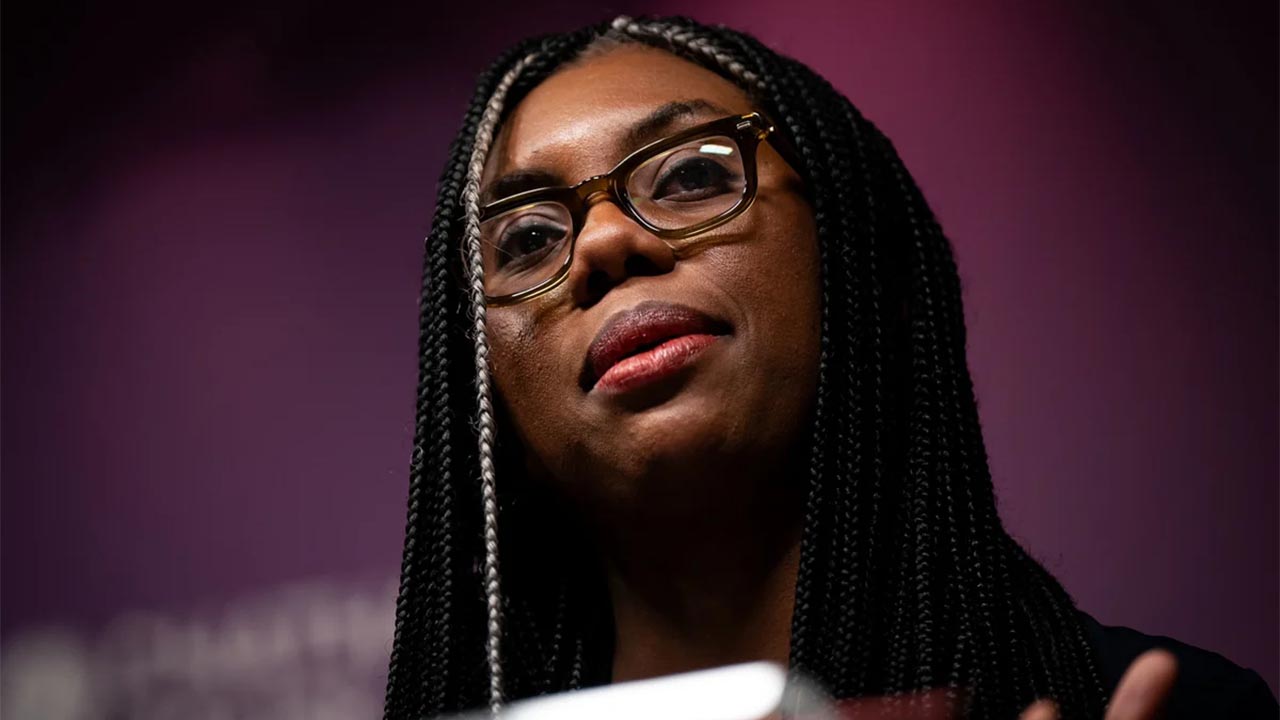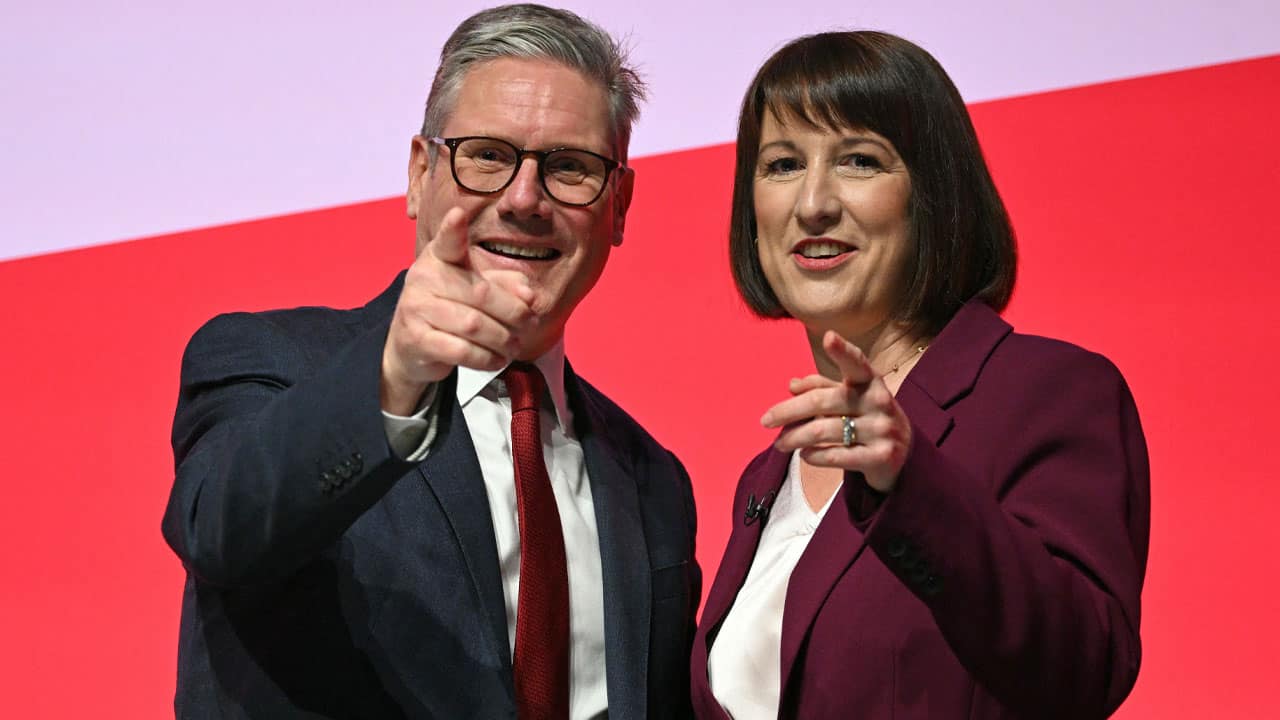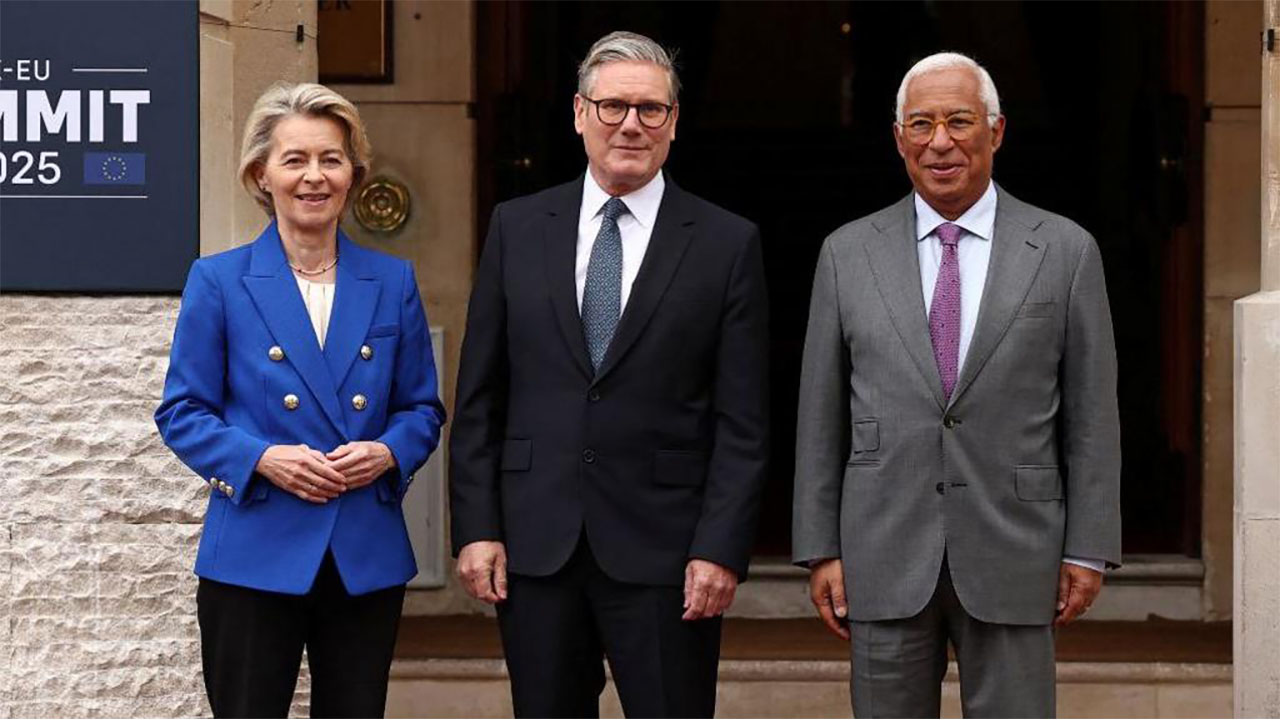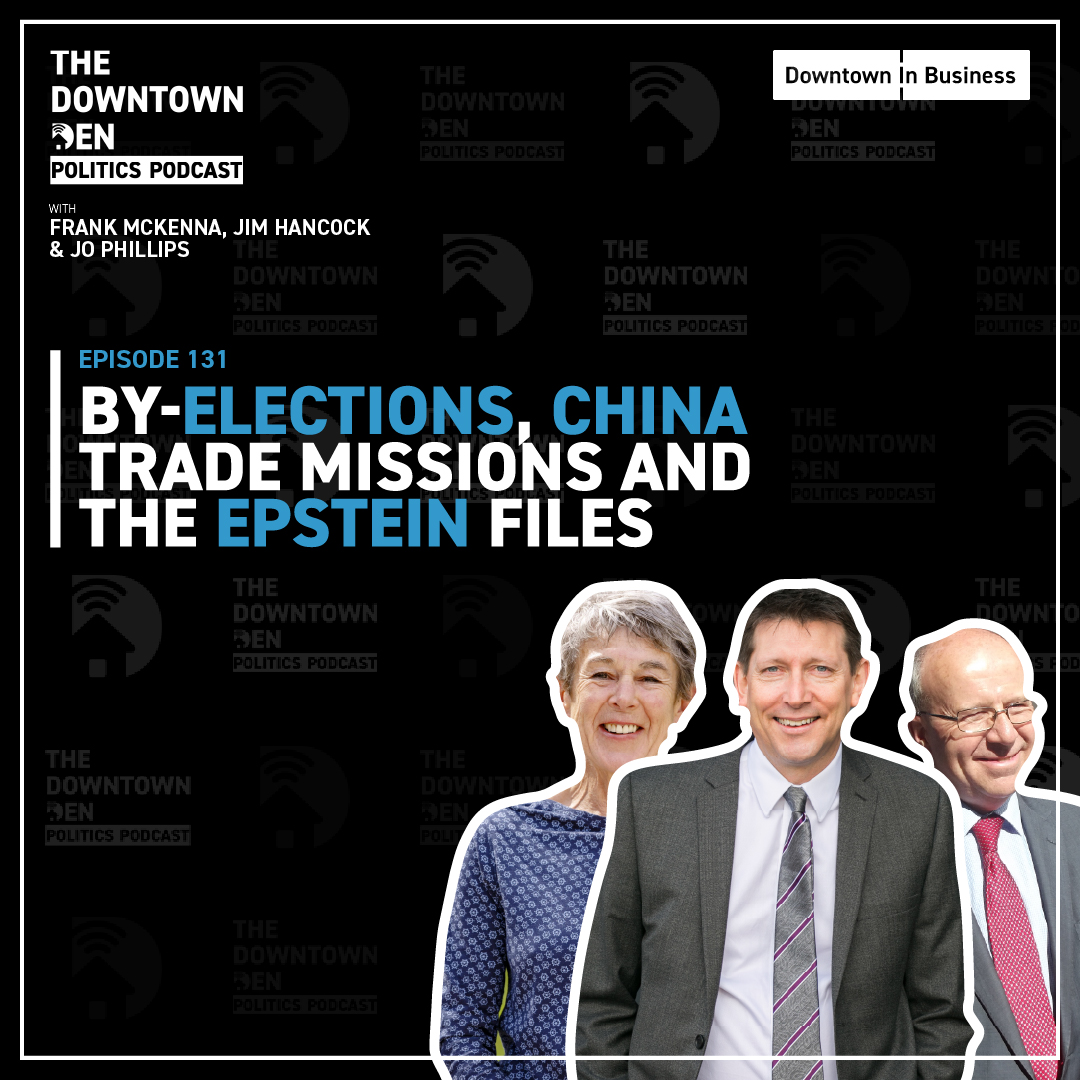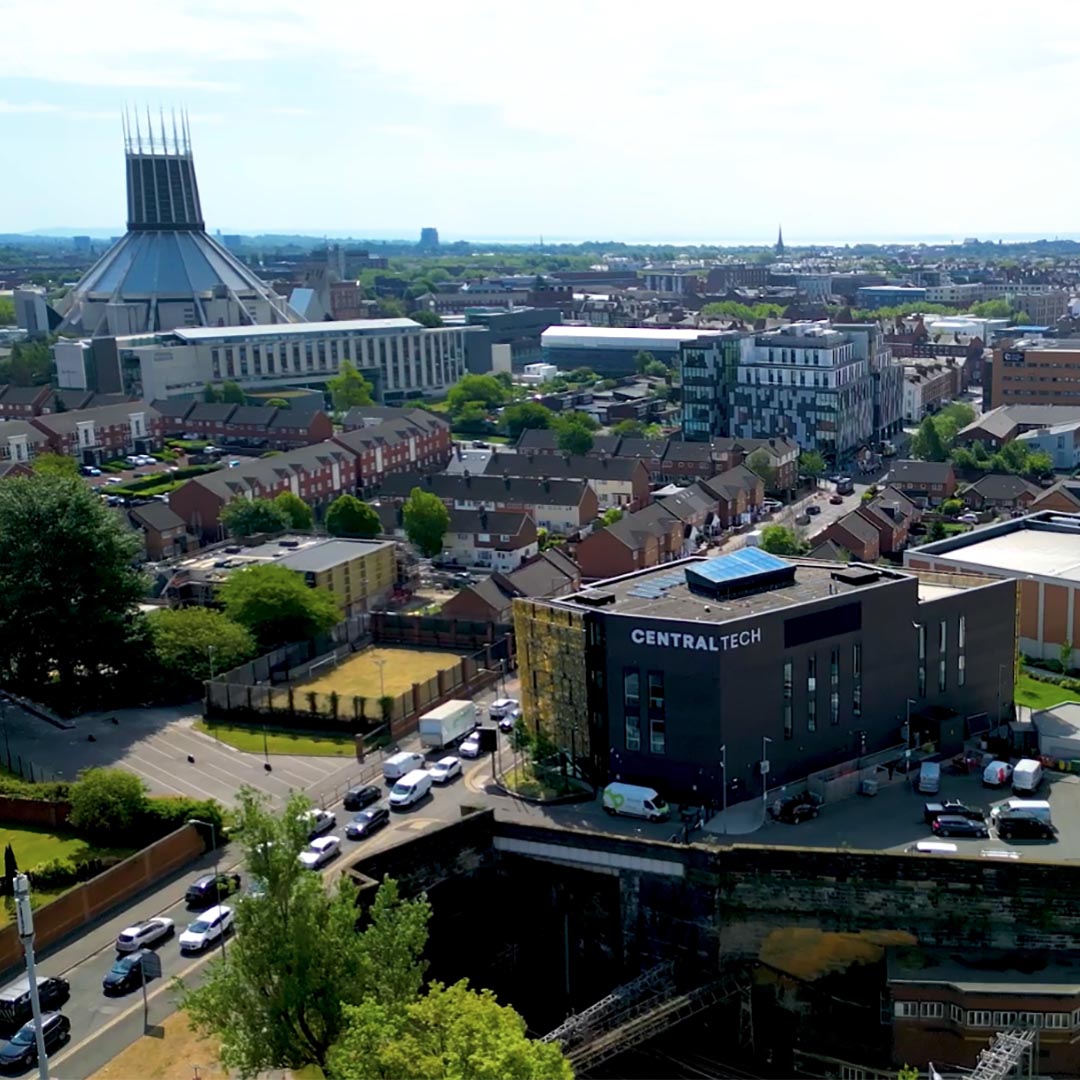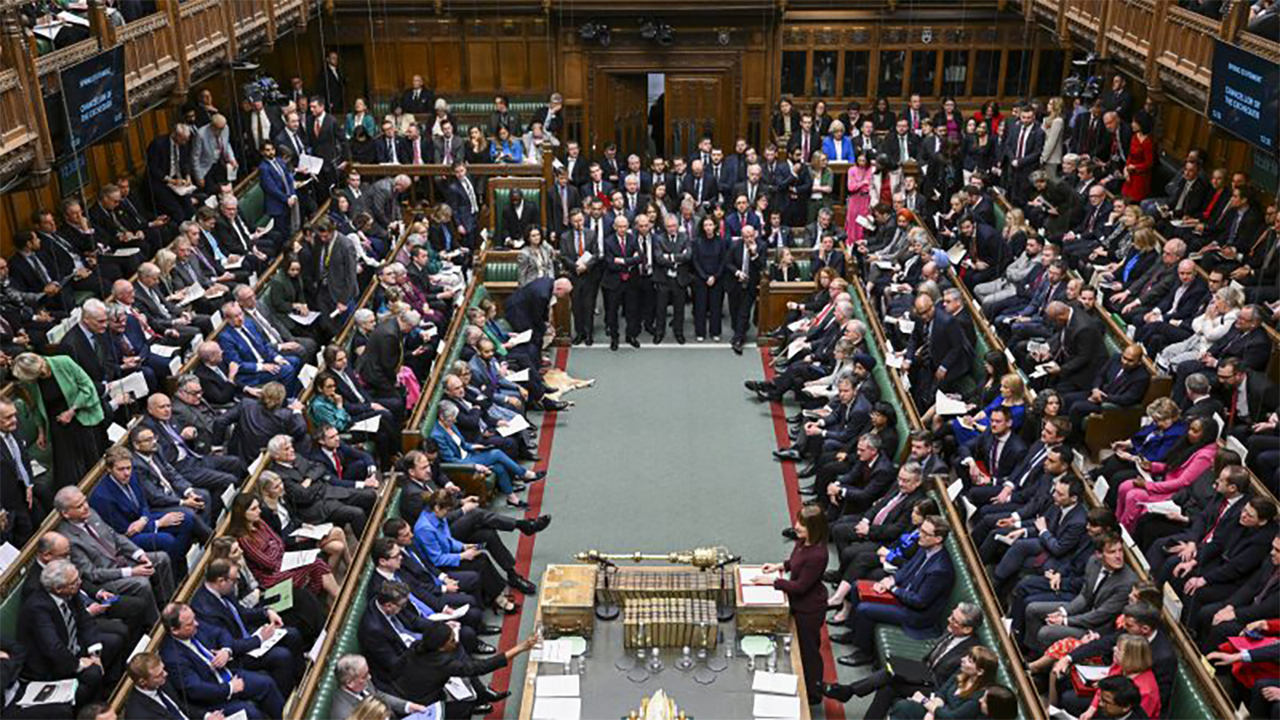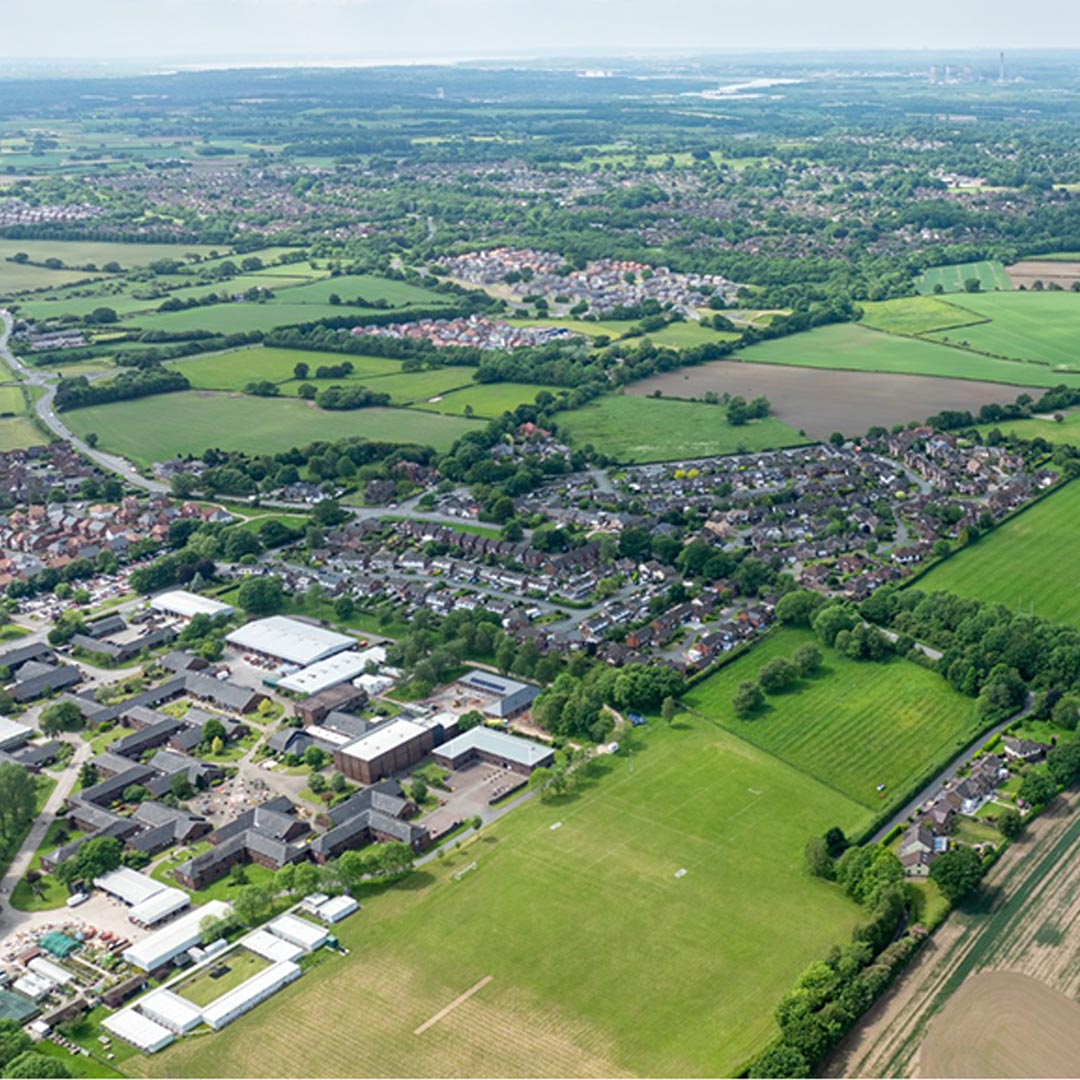The Labour Party will host its first ‘live’ conference since its humiliating General Election defeat in 2019 in Brighton next week.
Despite the government being hit by a series of scandals and having a patchy record in terms of how it has managed the pandemic, the Tory Party have, for much of that time, held comfortable leads in the polls, with the opposition struggling to come up with alternative messages that have resonated or broken through with the electorate.
Labour has an image problem. It is seen by many of its traditional working- class supporters as out of touch and overly obsessed with gesture politics and virtue signalling. Whatever you think about transgender rights, equality, Black Lives Matter, or Palestine, you are living in fairy dairy land if you believe that those are the issues that the residents of Skelmersdale or Skegness are talking about.
Labour also has a leadership problem. Since Tony Blair left the stage, having won three consecutive General Elections, they have failed to elect a person who has an ability to communicate its message effectively, or in the case of Jeremy Corbyn, be taken seriously.
The jury is still out on Keir Starmer. He passes the ‘can you imagine him being the Prime Minister’ test, which Ed Miliband and Corbyn fell well short of, but he hasn’t yet created a narrative that tells voters what he is for – and what he is against.
His over-eagerness to place party unity above moving his party towards electability has been the biggest let down for those who backed his leadership bid because they thought he had the courage to ditch the disastrous shift to the left and some of the toxic individuals who have been responsible for introducing a culture of bullying and fear in many constituency parties across the country.
To address these challenges, Starmer has produced an essay setting out what his personal social democratic politics look like, and he will try and push through some rule changes that will return policymaking and the election of the leader to the saner elements of the Labour movement.
Those internal rule changes are, again, not of any interest to those who abandoned Labour in 2019. However, its leader’s ability to carry his party with him, and win a row, is something they will take note of. Former leaders Hugh Gaitskill in the 1960s and Neil Kinnock in the Eighties, picked fights with the lunatic fringes of their party. Although neither were elected as PM, they are both rightly credited with re-positioning Labour as a credible opposition party and putting the foundations in place for Harold Wilson and Blair, respectively, to win for Labour.
Has Starmer got the bottle to have- and win- the necessary fights that he needs to have with his party’s headbangers? We’ll know by the end of what promises to be an interesting conference week in Brighton.



